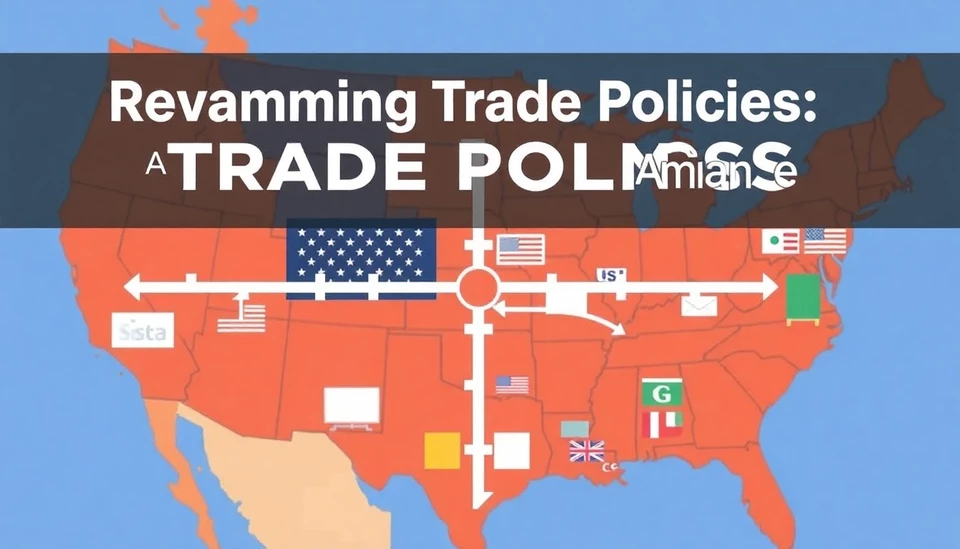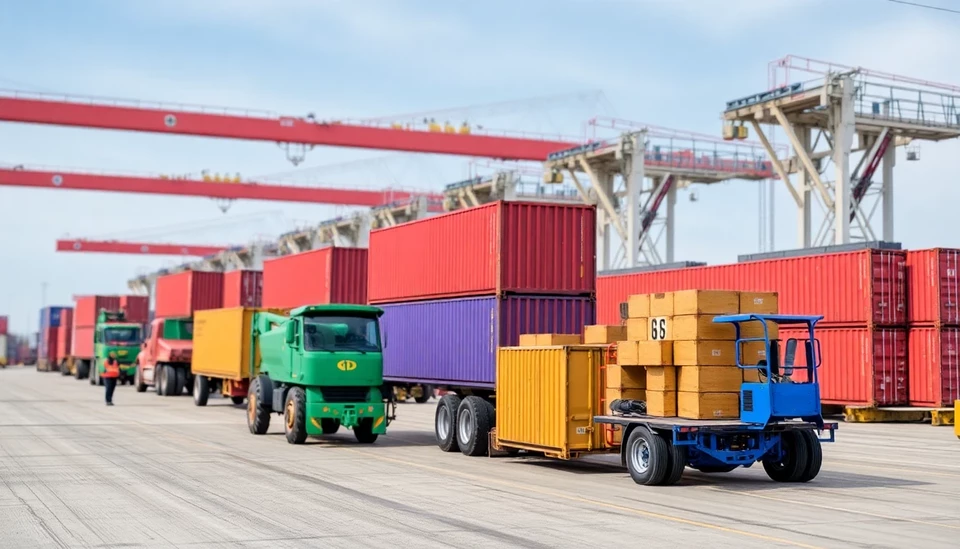
In a landscape ever-altering due to global economic shifts, the U.S. government is reevaluating its trade policies to strengthen domestic supply chains. This reconsideration comes in response to disruptions that have affected various industries and commodities over recent years. With a keen focus on national security and economic resilience, the administration is poised to implement new strategies aimed at bolstering domestic production and reducing dependence on foreign suppliers.
One major aspect under scrutiny is the reliance on imports for critical goods, including technology, pharmaceuticals, and raw materials. The government aims to craft policies that encourage domestic sourcing, fostering a robust infrastructure that can withstand international supply chain shocks. This new direction is framed not merely as an economic initiative, but also as a national security imperative, emphasizing the importance of self-sufficiency in manufacturing and resource availability.
The ongoing discussions in Washington revolve around balancing the immediate need for trade relief with the long-term vision of an independent supply chain network. Lawmakers are advocating for a variety of measures, such as incentives for companies to relocate production back to the U.S. and initiatives to encourage innovation in manufacturing processes. These proposals are fueled by the recognition that the pandemic exposed vulnerabilities within supply chains, leading many to advocate for a fundamental restructuring of trade relations.
Moreover, trade partnerships are being reassessed as well. The administration is engaging with allies to secure more favorable trade agreements while simultaneously examining existing contracts that may compromise domestic industries. This strategy underscores a broader ambition to foster economic alliances that prioritize mutual benefits and local production goals, thereby creating a win-win for both the U.S. economy and its trading partners.
Environmental concerns and sustainability have also entered the trade policy conversation. Legislators are considering how to incorporate greener practices into supply chain management, pushing for regulations that not only safeguard American jobs but also protect the planet. As climate change remains a pressing challenge, integrating sustainability into trade frameworks might enhance the U.S.'s position as a leader in responsible manufacturing.
As discussions around new trade policies progress, the implications for industries such as technology, agriculture, and pharmaceuticals are profound. Stakeholders are keeping a close watch, as the proposed changes could reshape day-to-day operations, influence pricing structures, and alter investment strategies across sectors. The time ahead is one of uncertainty as businesses prepare for the potential impacts, weighing risks against anticipated rewards.
Ultimately, the government's trade policy overhaul is more than an economic maneuver—it's a critical reassessment of how the U.S. interacts with the global market. As supply chain vulnerabilities become increasingly apparent, crafting a coherent and resilient strategy will be essential in ensuring lasting competitiveness and stability for American businesses.
Overall, as the U.S. continues to navigate these challenges, the outcomes of such policy revisions will undoubtedly play a vital role in shaping the economic landscape for years to come.
#TradePolicy #SupplyChain #NationalSecurity #EconomicResilience #Manufacturing #Sustainability #USeconomy
Author: Rachel Greene




